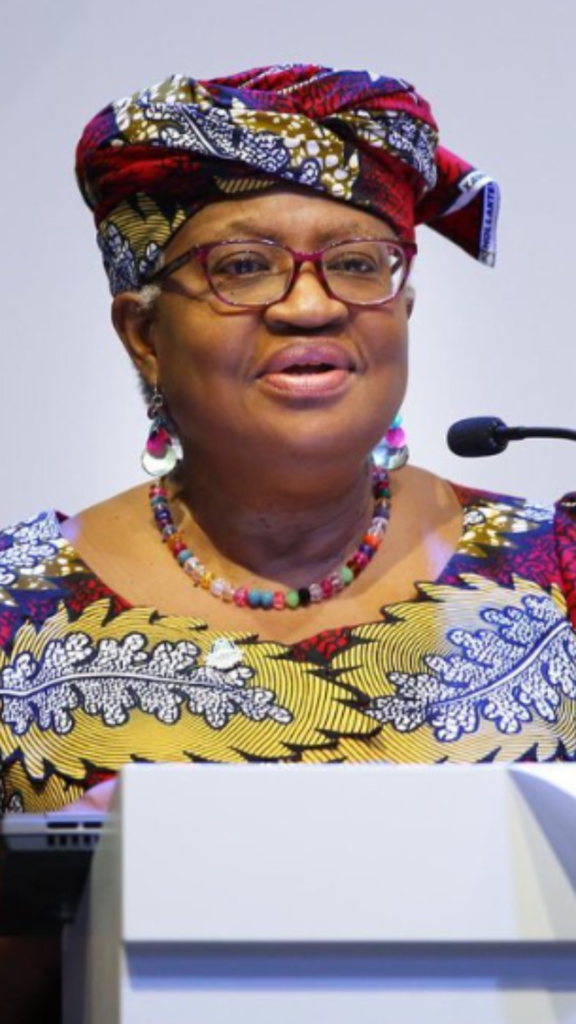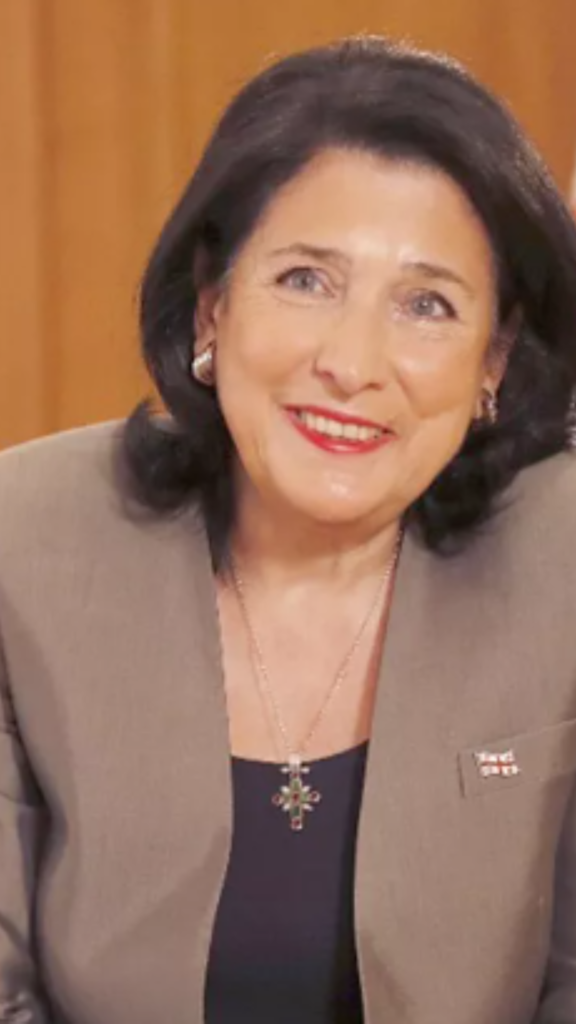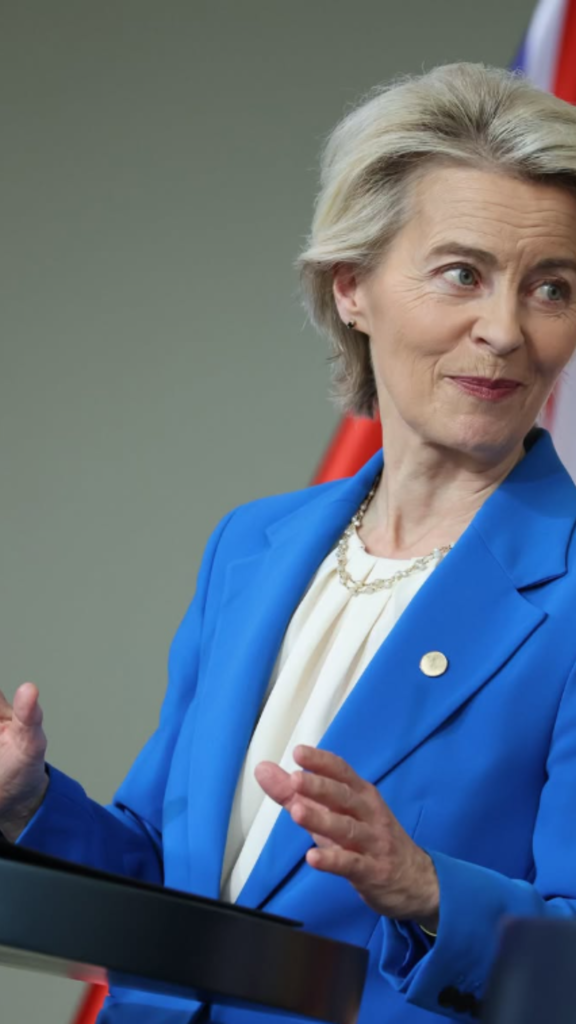
November 7, 2024
Our team researched and analyzed their paths, social media, and professional activities. These ten influential women embody strength, innovation, and resilience in their own unique ways. They are political, economic, and social leaders who bring issues of equality, justice, and sustainability to the forefront. Discover more about these remarkable figures shaping the world through their actions and inspiration (presented in alphabetical order).
Dilma Rousseff
Former President of Brazil. The first woman to hold the presidency in Brazil, Dilma Rousseff is a symbol of resilience and dedication. She currently serves as the President of the BRICS Development Bank, where she champions sustainable development policies for emerging countries.
BRICS is an international cooperation group composed of five emerging countries: Brazil, Russia, India, China, and South Africa.
Jacinda Ardern
Former Prime Minister of New Zealand, Jacinda Ardern is known for her compassionate and effective approach, especially in times of crisis. She gained global recognition for her management during the pandemic and is celebrated for her empathy and advocacy for social rights.
Kamala Harris
Kamala Harris made history as the first woman, African-American, and Asian-American to hold the U.S. vice presidency. She actively advocates for more inclusive social justice, representing a new era of diversity in American politics.
She ran for U.S. president in the last election but was not elected. She will continue to serve as vice president until January 2025.
Mette Frederiksen
Prime Minister of Denmark, Mette Frederiksen is focused on sustainability and social welfare. Her leadership emphasizes a balance between economic growth and environmental responsibility, positioning her as a leading figure in Europe.
Mia Mottley
Prime Minister of Barbados, Mia Mottley led Barbados’s transition to a republic, severing ties with the British monarchy. She is a prominent voice in discussions on climate change and sustainable development for Caribbean nations.
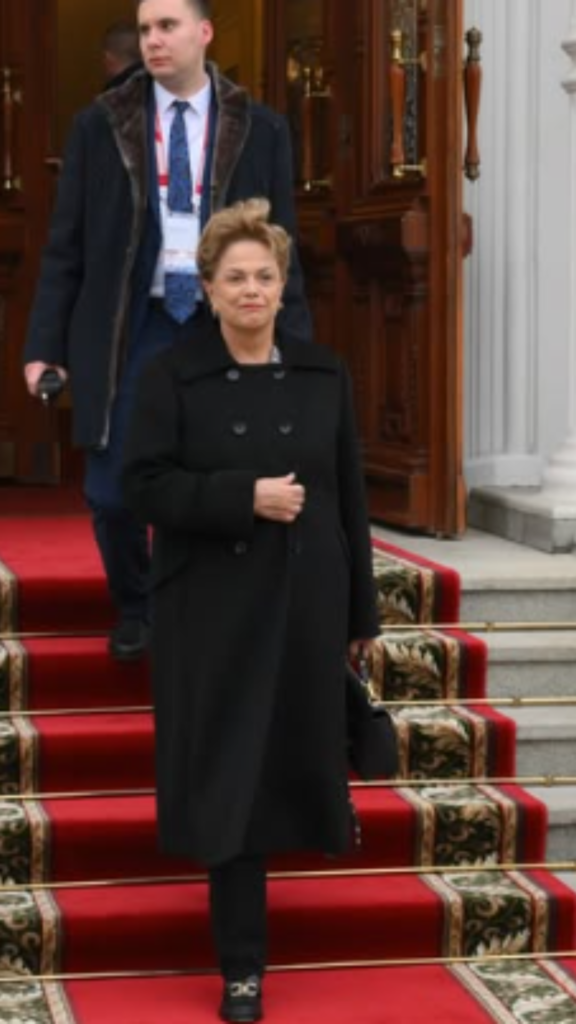

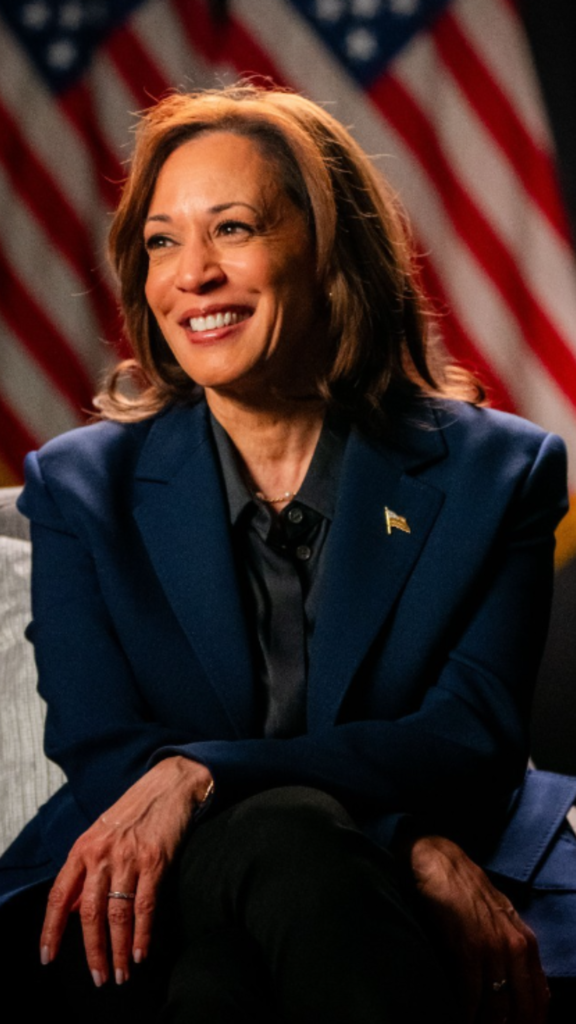
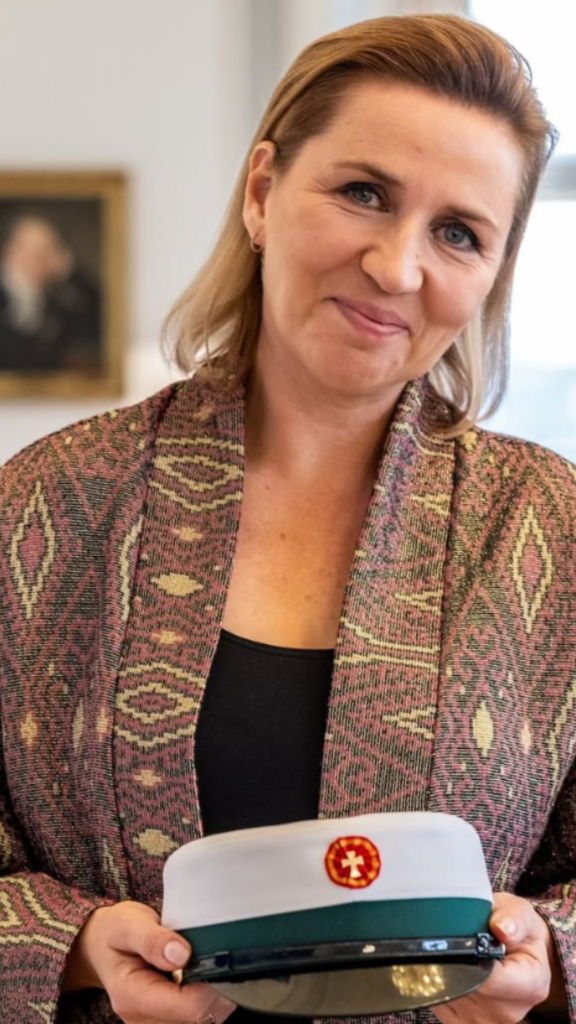
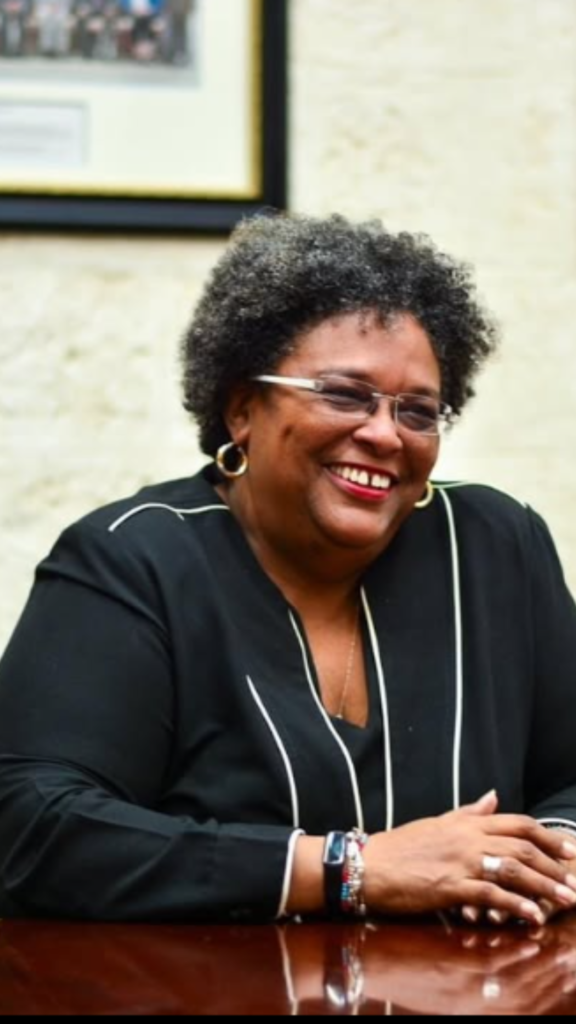
Ngozi Okonjo-Iweala
Nigerian. The first woman and the first African to lead the World Trade Organization, Ngozi Okonjo-Iweala is a renowned economist focused on inclusive trade policies, especially for developing countries, promoting global economic justice.
Salome Zurabishvili
The first woman president of Georgia, Salome Zurabishvili is a strong advocate for the country’s territorial integrity and works to strengthen democracy. She also supports greater integration with the European Union, positioning Georgia as a bridge between the East and the West.
Sanna Marin
Sanna Marin became the world’s youngest prime minister, leading Finland with progressive policies. She champions gender equality and is admired for leading a predominantly female government, keeping Finland as a model of social innovation.
Tsai Ing-wen
President of Taiwan, Tsai Ing-wen is a strong advocate for democracy and Taiwan’s autonomy in the face of pressure from China. She has become a key figure in East Asian politics, representing democratic values and Taiwan’s independence.
Ursula von der Leyen
German. As President of the European Commission, Ursula von der Leyen is the first woman to hold this position. Her leadership focuses on the green economy, human rights, and European integration, strengthening cohesion among member countries and promoting a more sustainable Europe.
